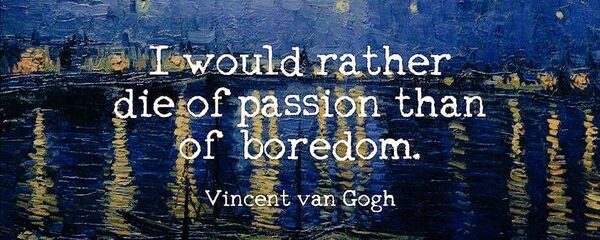
Photo by Google
A woman who likes to wash will find water.
The wife cries before the wedding, the husband after.
A woman is as old as she wishes to tell you.
A woman is at her strongest when she faints.
Luxembourg officially the Grand Duchy of Luxembourg is a landlocked country in Western Europe. It is bordered by Belgium to the west and north, Germany to the east, and France to the south. Its capital, Luxembourg City, is one of the four official capitals of the European Union (together with Brussels, Frankfurt, and Strasbourg) and the seat of the Court of Justice of the European Union, the highest judicial authority in the EU. Its culture, people, and languages are highly intertwined with its neighbors, making it a mixture of French and German cultures. It has three official languages: French, German, and the national language of Luxembourgish. With an area of 2,586 square kilometers (998 sq mi), it is one of the smallest sovereign states in Europe. The history of Luxembourg is considered to begin in 963, when count Siegfried acquired a rocky promontory and its Roman-era fortifications known as Lucilinburhuc, “little castle”, and the surrounding area from the Imperial Abbey of St. Maximin in nearby Trier. Siegfried’s descendants increased their territory through marriage, war and vassal relations. At the end of the 13th century, the counts of Luxembourg reigned over a considerable territory. In 1308, Count of Luxembourg Henry VII became King of the Germans and later Holy Roman Emperor. The House of Luxembourg produced four emperors during the High Middle Ages. In 1354, Charles IV elevated the county to the Duchy of Luxembourg. The duchy eventually became part of the Burgundian Circle and then one of the Seventeen Provinces of the Habsburg Netherlands. Over the centuries, the City and Fortress of Luxembourg, of great strategic importance situated between the Kingdom of France and the Habsburg territories, was gradually built up to be one of the most reputed fortifications in Europe. After belonging to both the France of Louis XIV and the Austria of Maria Theresa, Luxembourg became part of the First French Republic and Empire under Napoleon. The present-day state of Luxembourg first emerged at the Congress of Vienna in 1815. The Grand Duchy, with its powerful fortress, became an independent state under the personal possession of William I of the Netherlands with a Prussian garrison to guard the city against another invasion from France. In 1839, following the turmoil of the Belgian Revolution, the purely French-speaking part of Luxembourg was ceded to Belgium and the Luxembourgish-speaking part (except the Arelerland, the area around Arlon) became what is the present state of Luxembourg.
Luxemburg city
Luxembourg, also known as Luxembourg City is the capital city of the Grand Duchy of Luxembourg and the country’s most populous commune. Standing at the confluence of the Alzette and Pétrusse rivers in southern Luxembourg, the city lies at the heart of Western Europe, situated 213 km (132 mi) by road from Brussels, 372 km (231 mi) from Paris, and 209 km (130 mi) from Cologne. The city contains Luxembourg Castle, established by the Franks in the Early Middle Ages, around which a settlement developed.



